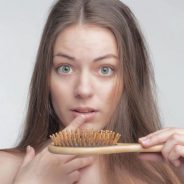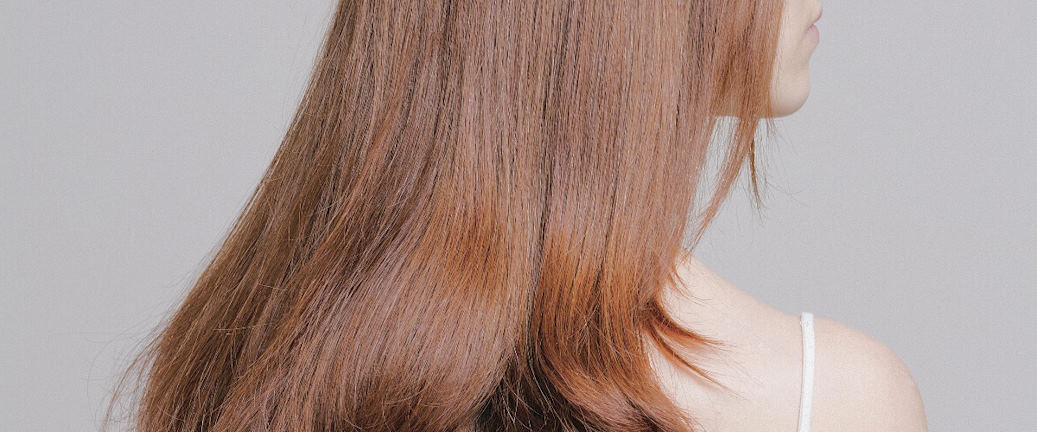Are There Any Connections Between Hormones And Hair?

In our body’s complex design, hormones act like conductors, guiding various aspects such as mood swings and even the growth of a single hair strand. When we investigate the world of hair health, it’s clear that the balance of hormones is crucial.
How are they connected?
Hormones play a vital role in overseeing a myriad of physiological processes, and the process of hair growth is no exception.
Puberty period
As individuals go through puberty, a natural phase marked by essential hormonal changes, there’s a cascade of transformations that usher in the development of secondary sexual characteristics. Among these changes, alterations in the patterns of hair growth become noticeable. The surge in testosterone levels, a key hormone, plays a pivotal role in shaping these transformations, influencing terminal hair growth in distinct areas for both males and females.
Pregnancy
It increases estrogen levels, contributing to thicker, more lustrous hair. It is due to a prolonged growth phase and reduced hair shedding, creating a fuller appearance.
Postpartum time
Following childbirth, hormonal levels undergo fluctuations, triggering a phase of hair shedding referred to as telogen effluvium. This temporary hair loss occurs as the woman’s body adapts to the hormonal changes that take place after pregnancy.

Menopausal Metamorphosis
The onset of menopause signifies a reduction in estrogen levels, potentially causing hair thinning and heightened susceptibility. To counteract these consequences, hormone replacement therapy is occasionally employed.
Thyroid Hormones
The thyroid, a pivotal conductor in orchestrating hormonal harmony, wields a considerable influence over the well-being of our hair. Whether speaking about underactive thyroid or an overactive thyroid, these imbalances have the power to evoke changes, be it in the form of hair loss or shifts in texture.
Androgenic Alopecia
Androgenic alopecia or pattern baldness, involves the influence of DHT (Dihydrotestosterone), a derivative of testosterone. DHT shortens the hair growth cycle, leading to hair miniaturization and eventual thinning.
Stressful Strain
Persistent stress can lead to increased levels of cortisol, a hormone associated with hair loss. By adopting practices such as meditation, exercise, or other relaxation methods, individuals can mitigate the potential adverse effects of chronic stress on their hair, promoting a healthier and more resilient mane.
Understanding this intricate hormonal system allows us to navigate the diverse stages of life while promoting optimal hair health.

 Hello, lovelies! I'm Wilda, the heart and soul behind this beauty sanctuary. Join me on a journey of self-discovery through beauty tips, trends, and the magic of transformation. Let's embrace our unique radiance together. 💄✨
Hello, lovelies! I'm Wilda, the heart and soul behind this beauty sanctuary. Join me on a journey of self-discovery through beauty tips, trends, and the magic of transformation. Let's embrace our unique radiance together. 💄✨